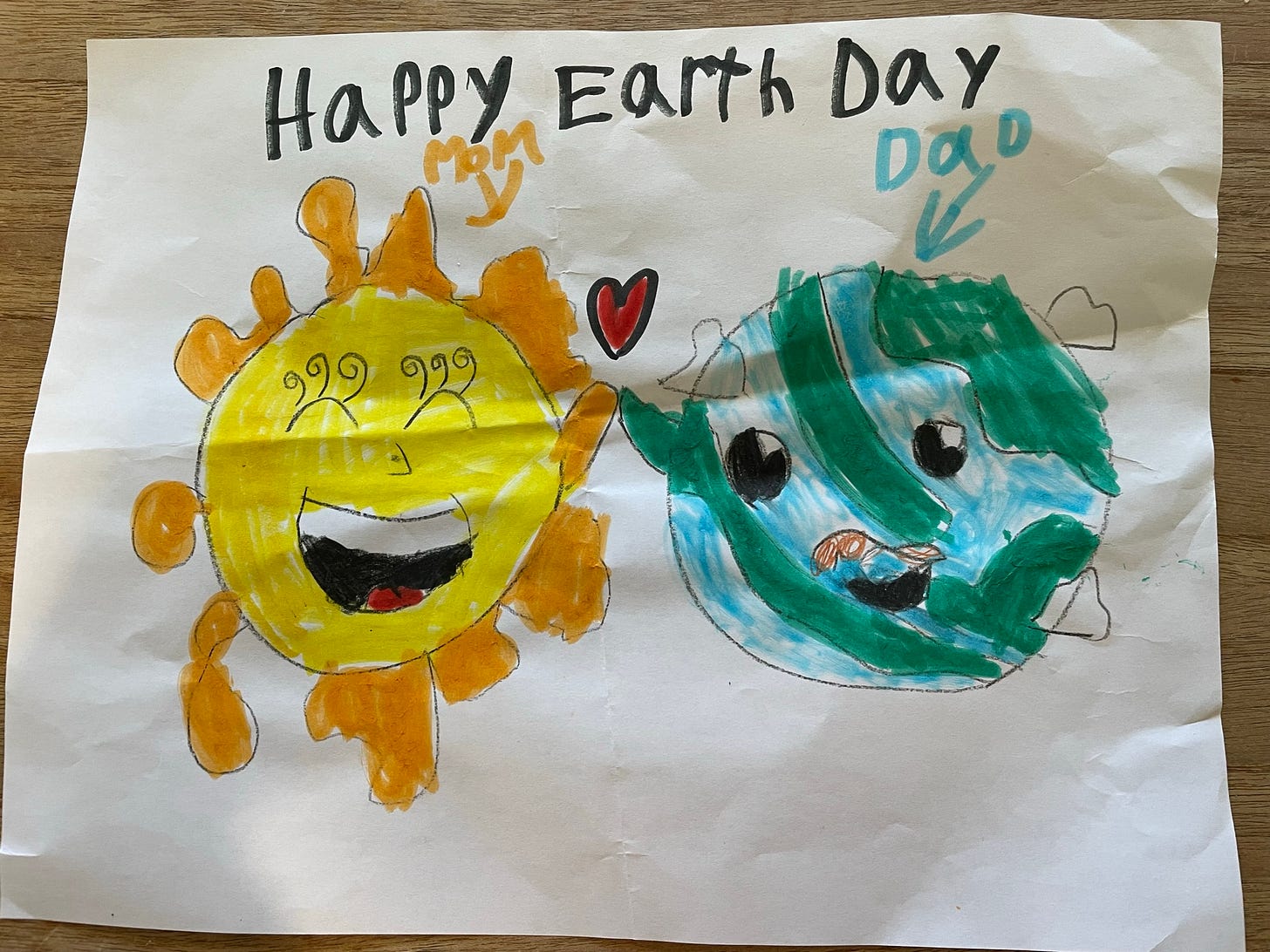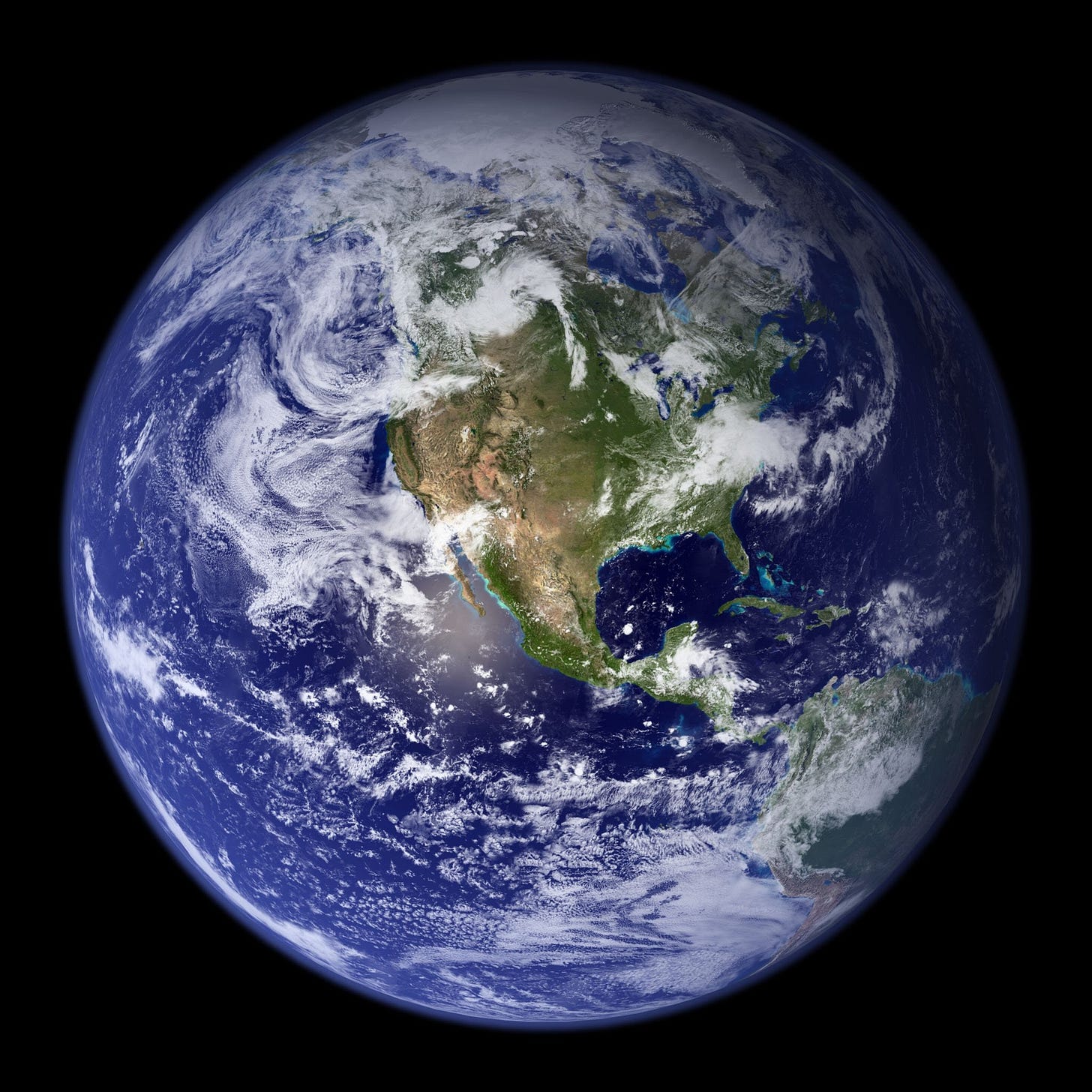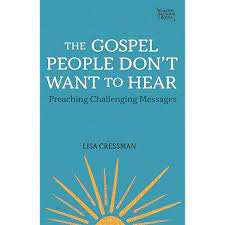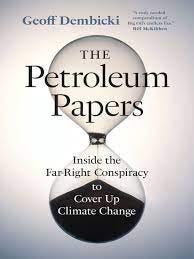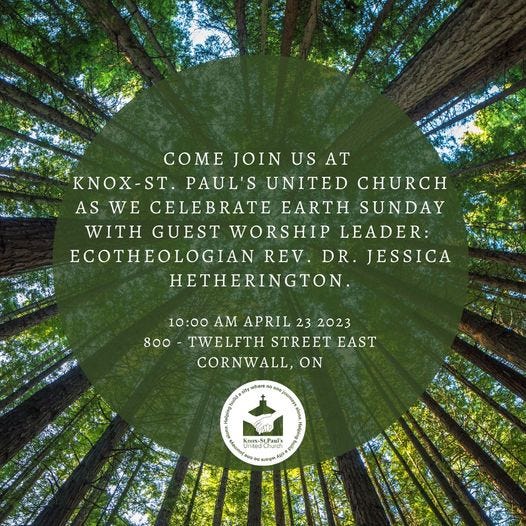Welcome to this second edition of Friday Notes, a quick reflection and curation of some things I have been thinking about, reading and reflecting upon this week.
Earth Day
Tomorrow is Earth Day. Happy Earth Day! Are you doing anything to celebrate? Perhaps you will be going to an event put on by your municipality, or your church. Maybe you’ll go to a park with the kids and have a picnic, if the weather allows. Maybe you’ll spend the day getting your garden ready? My family and I will be participating in a shoreline cleanup in the Ottawa River Watershed. I am grateful to the Ottawa Riverkeeper who organizes this every year. And perhaps, if you are a churchgoer or a church leader, there will be an “Earth Day Sunday” service this weekend, when the importance of God’s creation is recognized in worship.
Earth Day is celebrated on April 22 every year, recognizing the first Earth Day on April 22, 1970 in the United States. That first Earth Day came about from the need to recognize the perils of environmental pollution and the importance of protecting the planet. That first Earth Day led to governmental environmental protections in the US, Canada, and elsewhere around the world.
But what does Earth Day really mean, if it is just about one day of the year, and doesn’t cause real change in our behaviour and our relationships with the Earth? Do we perceive of the Earth as something ‘out there,’ usually with that iconic picture of the Earth from space?
Or, do we have a real understanding that there is no Earth ‘out there,’ distinct from who we are as human beings? We are part of the Earth itself, part of a vast, complex web of life and all that sustains it. The Earth can be best described as a community, in which everything is interrelated and interdependent. When one part of the Earth community is deeply impacted, say by pollution, or overfishing, or climate heating, then the rest is impacted, too. Including us. That is why, through our own actions, the Earth is in the midst of a worsening climate crisis.
For this Earth Day, I invite you to go deeper than many of us have considered, and use this time that is set aside, on April 22, or on Earth Day Sunday on April 23, and on every day after that, to reflect upon your relationship with the rest of the Earth community. How might you reorient your beliefs, your values, and your actions so as to better reflect that truth that we are one species among many within this great, beautiful, complex world?
Books for Transformation
The Gospel People Don’t Want to Hear: Preaching Challenging Messages by Lisa Cressman (Minneapolis: Fortress Press, 2020)
Lisa Cressman, the founder and steward of Backstory Preaching, an online resource and learning community for preachers who wish to improve the craft of preaching, has written this book to engage with the question of preaching about issues that can make those listening feel uncomfortable, such as white supremacy, gender issues, poverty, and the climate crisis. Although it is written for preachers, it is a highly accessible text that can assist anyone who is seeking to engage in conversation about the tough issues of our day, particularly from a faith-based perspective.
The Petroleum Papers: Inside the Far-Right Conspiracy to Cover Up Climate Change by Geoff Dembicki (Vancouver: Greystone Books, 2022)
This book was recently recommended to me by a subscriber who had also read The Good War: Mobilizing Canada for the Climate Emergency by Seth Klein, (recommended here) which I am just finishing now. In The Petroleum Papers, the author examines and shares with his readers the truth that fossil-fuel companies have known about the climate harm that gas and oil causes to the atmosphere, and that they intentionally covered that knowledge up in order to continue making egregious amounts of profit. He also shares the stories of people who are fighting back against the long campaigns of misinformation and climate denialism. This book is important for understanding how we got to where we are, and what needs to be done to hold the petroleum industry to account.
Call to Action
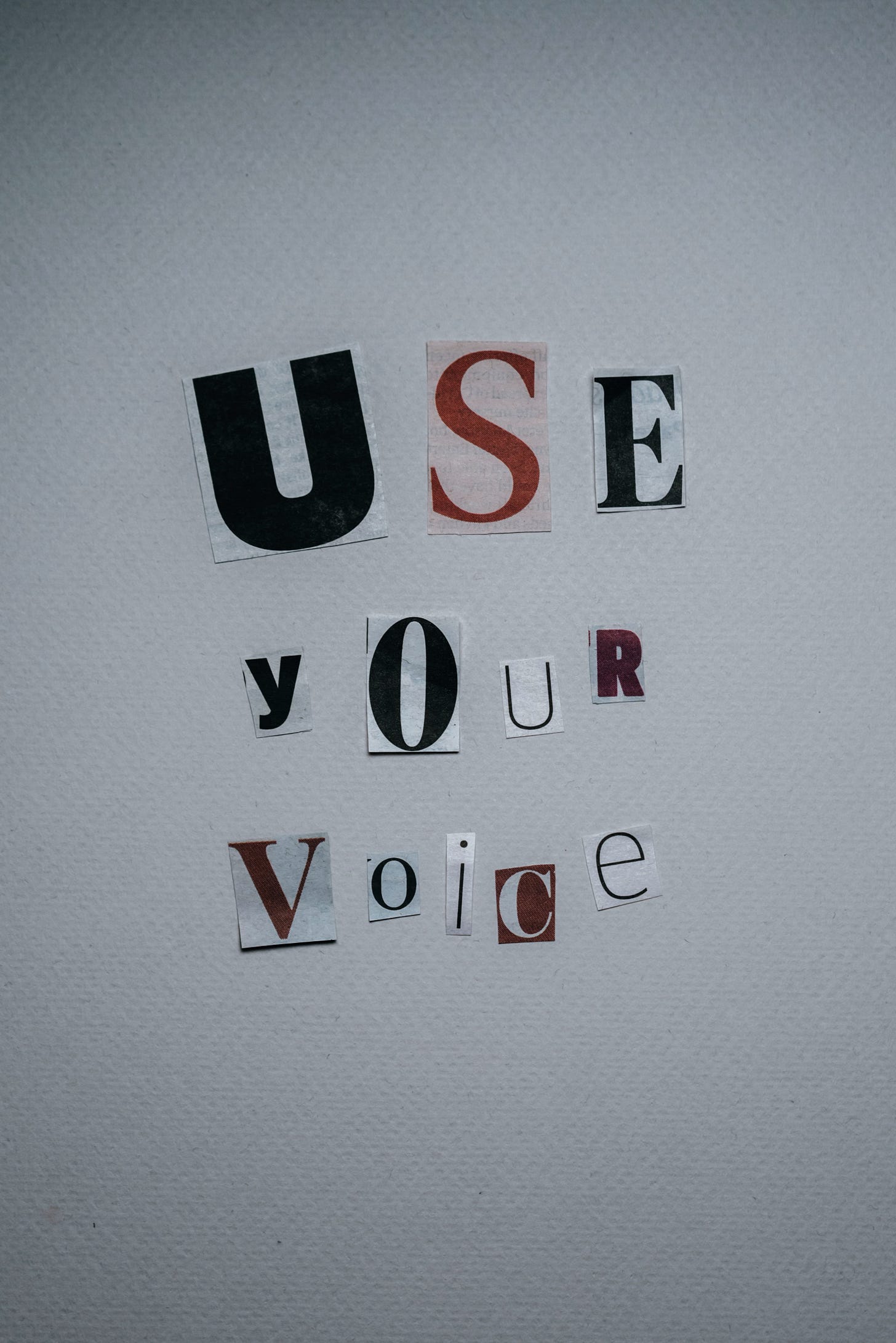
Get Involved in Your Local Political Constituency/Electoral Association
Don’t wait for election season to get involved; the Earth needs people to become politically engaged for the sake of climate action and more. Without policy changes and government mandates to curb fossil fuel emissions, we will not limit warming to 1.5°C, or even 2°C. Political change on behalf of the planet begins today, now, at the municipal, provincial/state, and federal levels. Find out which political candidates or parties are doing the most for climate action right now, and volunteer to help raise awareness and build capacity for the next election cycle. And if there are none who you feel are suggesting effective change? Offer challenge and support to those potential candidates to develop strong climate platforms. You could even consider developing your own platform and preparing for the next campaign! Getting involved can be discipleship in action.
Friday Five
Many of us were taught details about the Earth, but if you’re like me, you have forgotten more than you remember. So here are 5 fun facts about the Earth; some of these come from kids’ learning resources!
1. The Earth has 7 layers: the crust, mantle, core (inner and outer), lithosphere, asthenosphere, outer core, and inner core. I bet you hadn’t heard of the asthenosphere!
2. The Earth is about 4.5 billion years old.
3. We can all agree that the Earth isn’t flat… but it’s not completely round, either!
4. As we know, most of the Earth is made up of water; 71% of the Earth, in fact. How much water? 1,386 million cubic kilometers (km3)! That includes all bodies of water, plus frozen water and water vapor in the air. Only about 0.3% of that is usable by humans; 7% of that figure is in Canada.
5. It is estimated that there are 8.7 million species of plants and animals on the Earth, but humans have only discovered 1.2 million so far, most of them insects.
Correction
In last week’s Notes, I referred to Victoria Loorz as the founder of the Wild Church. Wendy Janzen sent me a gracious correction:
I just wanted to offer a correction to your note on Wild Church. It is
called Wild Church Network, and it was co-founded by a handful of folks
who all had independently started something new and outdoors with a focus
on reconnecting with the earth, with God, and with others. Victoria was one
of those cofounders, but didn't do it on her own. We shaped together, as a
network. She left it in the leadership of others (myself included) as she
wrote her book and started other ventures. She is still peripherally
involved, and though she is a public figure associated with the Network due
to publishing Church of the Wild, she tries to make sure the founding
story of the Network doesn't focus on her.
Thank you, Wendy, for clarifying, and my apologies to everyone for the misidentification.
Coming Up
Blessings on your weekend! If you’re interested, you can join me and the community of Knox-St. Paul’s United Church in Cornwall, Ontario this Sunday, April 23, 2023 at 10 am in person or online as we celebrate Earth Day Sunday together.






